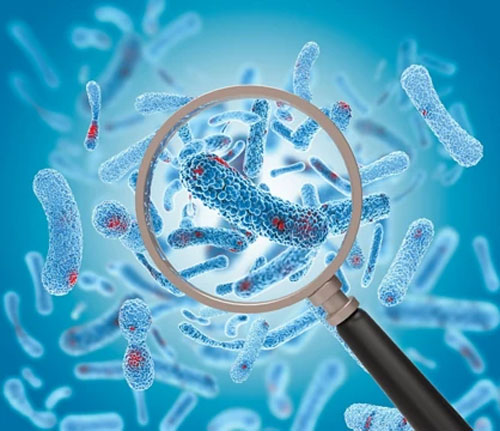Daijiworld Media Network - New Delhi
New Delhi, Nov 5: Scientists have discovered that antimicrobial peptides (AMPs) — short chains of amino acids — can effectively kill harmful bacteria such as Salmonella and E. coli, offering a promising alternative to traditional antibiotics and helping tackle the growing challenge of antimicrobial resistance (AMR).
According to a new study published in the journal Microbiology Spectrum, researchers from the University of Illinois Urbana-Champaign found that specific AMPs can eliminate multiple strains of Salmonella both in laboratory tests and in live chickens.

“Antimicrobial peptides have the potential to be alternatives to antibiotics and could mitigate antibiotic resistance,” said Prof. Gireesh Rajashekara, the study’s corresponding author. “These peptides not only kill Salmonella but also other bacterial pathogens like E. coli, making them valuable for controlling a broad range of infections.”
Salmonella is one of the leading causes of foodborne illnesses worldwide, often transmitted through contaminated poultry, eggs, and meat. The study identified two AMPs capable of reducing Salmonella load in chickens, showing resistance to heat and enzyme exposure — crucial traits for their potential use in the poultry industry.
The researchers believe that AMPs could significantly improve food safety and public health without relying on conventional antibiotics.
“Our next step is to test these peptides on a larger scale in poultry, optimise their delivery through water or feed, and further understand how they kill Salmonella,” Prof. Rajashekara said.
If successful, AMPs could emerge as a sustainable, antibiotic-free solution for preventing foodborne diseases and reducing the spread of resistant bacteria.